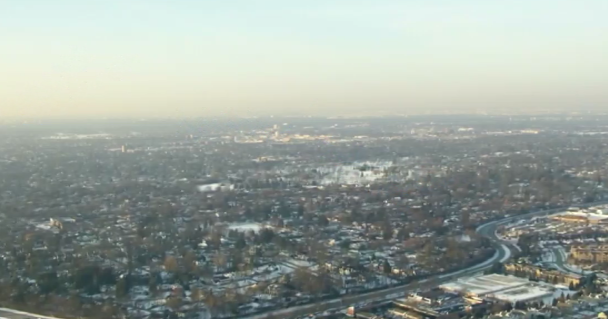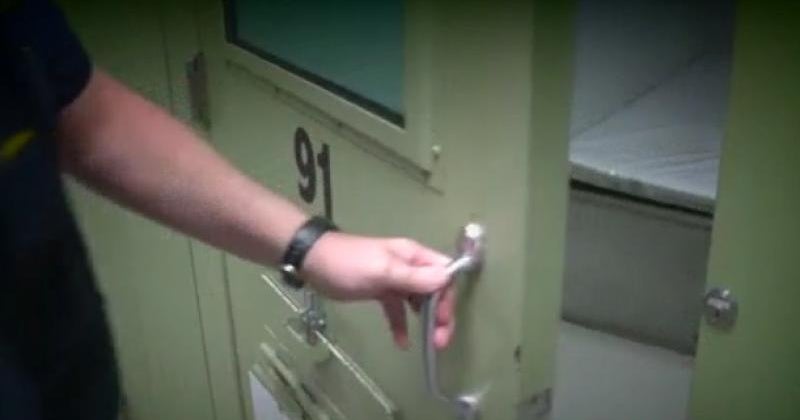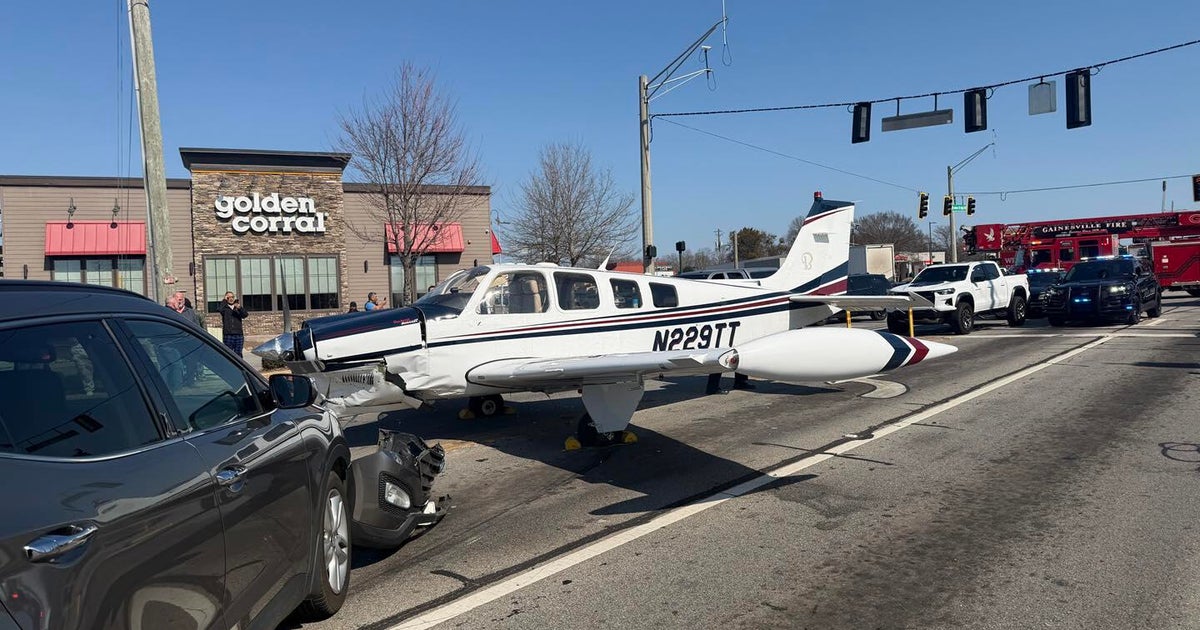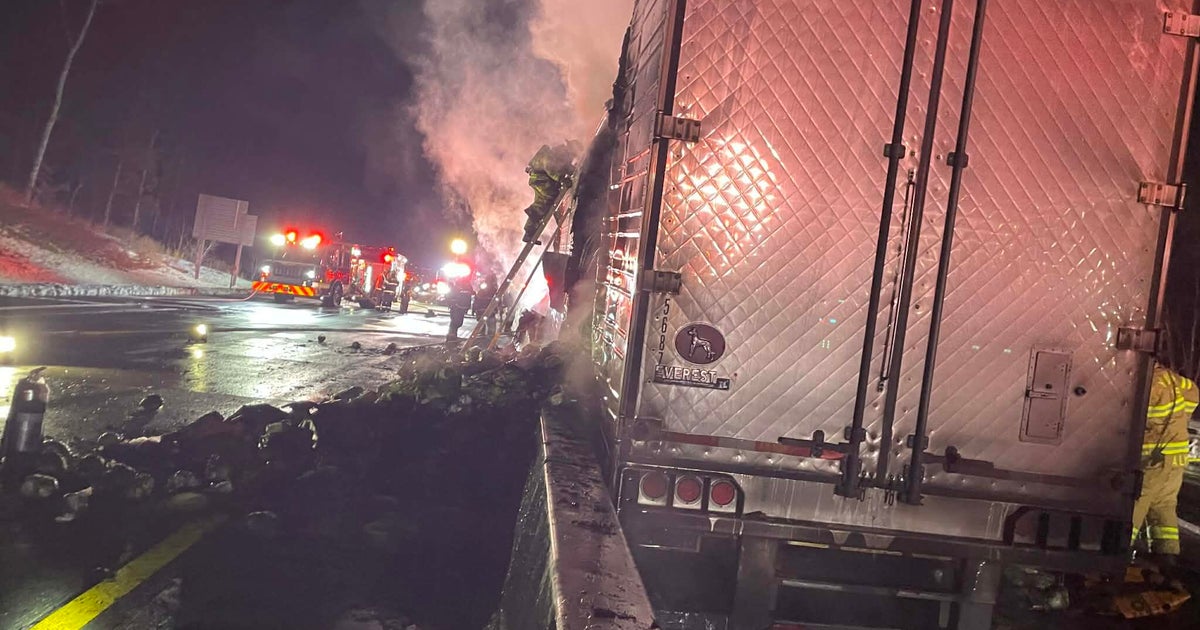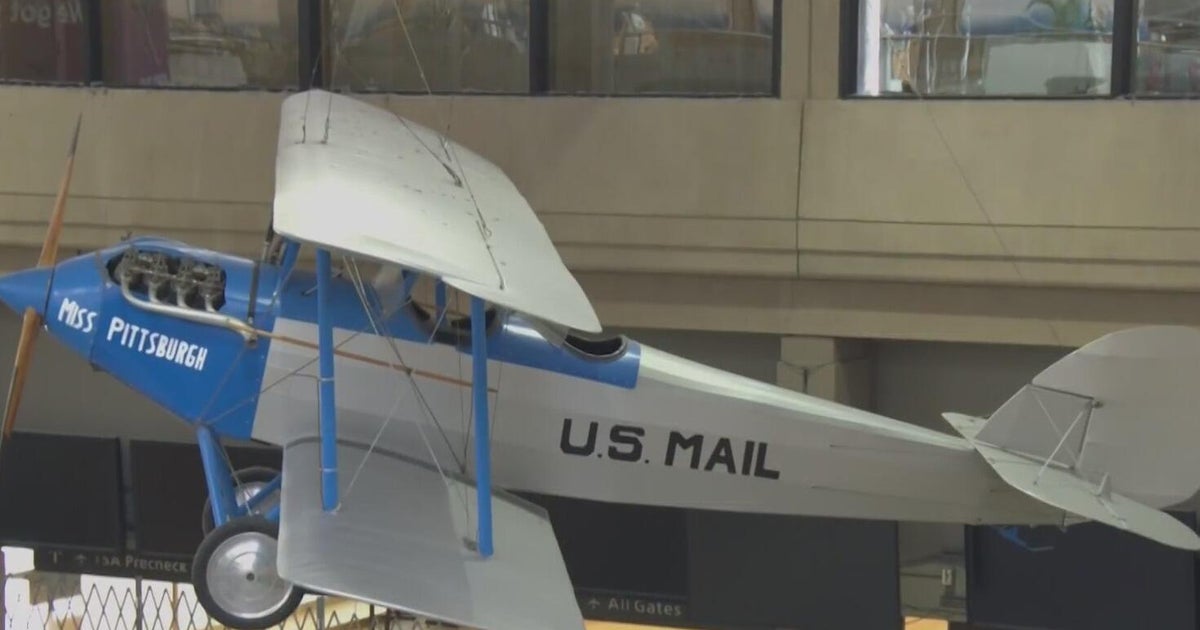Retired Chicago air traffic controller says tower staffing less likely to blame for D.C. midair collision
CHICAGO (CBS) -- CBS News has independently confirmed one air traffic controller was doing the job normally handled by two when a passenger jet and a Black Hawk helicopter collided in midair Wednesday night and crashed into the Potomac River near Reagan National Airport and Washington, D.C.
Hearing that just one air traffic controller was monitoring both planes and helicopters has left many to wonder how common such a situation is. A retired air traffic controller who spent more than 20 years in the tower at O'Hare International Airport said it is not really uncommon.
Ray Gibbons knows exactly what goes on at airport towers, and he, like so many, was shocked to see the crash over the Potomac River.
"It's busy. It's complex," Gibbons said. "There's a lot of helicopters flying around Washington, D.C."
While many watched the video documenting the midair collision, Gibbons reflected on the radio transmissions.
"I would not want to have been a controller in the tower at DCA and seeing what I saw on TV. I just wouldn't," he said, "and that's why you hear at the end of that tape an audible gasp."
Two sources told CBS News that one air traffic controller was managing the helicopters and planes from the Reagan Washington National Airport tower at the time of the collision — a job normally done by two people.
Yet Gibbons said such a situation is not uncommon during non-peak hours.
"But the staffing winds down when the traffic winds down, and apparently, that was in that timeframe when the traffic was winding down," Gibbons said.
Gibbons pointed out working in air traffic control is a stressful job. He added that those guiding the planes are professional.
The National Transportation Safety Board investigation into the midair collision has only just begun. But Gibbons believes air traffic control staffing is less likely to be a reason for what played out.
"I retired 17 years ago. There wasn't enough then. When I got hired, there wasn't enough," Gibbons said. "It's a chronic understaffed occupation."
Despite the deadly collision, Gibbons said flying is still the safest way to travel.
